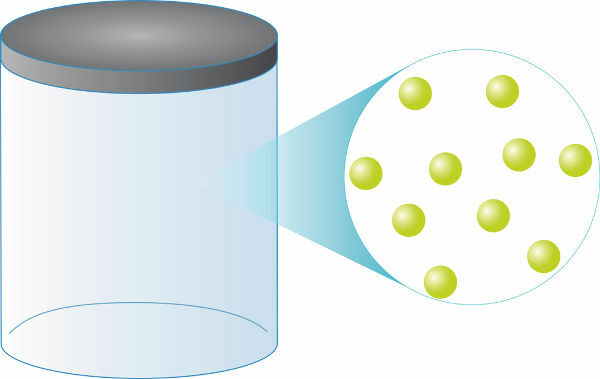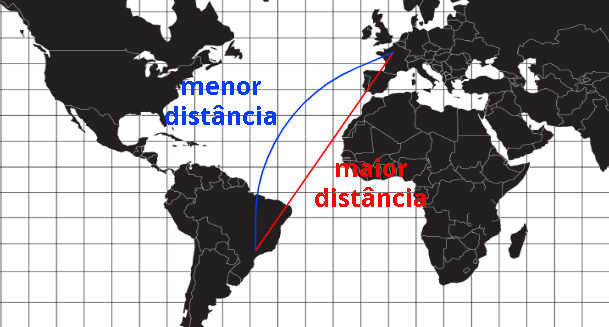When studying particle physics we will come across different names for particles, as well as the appearance of each one of them. Regarding the study of particles, we can classify them according to the fundamental interaction to which they are subject.
We know that when it comes to the gravitational interaction, all particles are under its action, although the effect of this interaction is not is noticeable to these particles, that is, the effect they suffer is very small when compared to other forms of interaction. Thus, the gravitational interaction is not taken into account when the study deals with subatomic particles.
One type of interaction that we should take into account, if necessary, is the electromagnetic interaction. We know that this type of interaction acts on all particles that have an electrical charge.
Still regarding the citations of interactions, it remains for us to mention the strong interaction and the weak interaction. Strong interaction is a type of interaction that causes nucleons to stick together to form nuclei. The weak interaction is linked to beta decay and also linked to similar processes. Thus, we can conclude that the strong interaction acts only on some particles, whereas the weak interaction acts on all particles.
Therefore, we can classify the particles based on the effect caused by the strong interaction on them. So we call it hadrons the particles that are under the action of strong interaction. The particles that are under the action of the weak interaction are called leptons.
The particles that make up hadrons are protons, neutrons and pions. The particles that make up leptons are electrons and neutrinos. Hadrons can be subdivided into mesons and baryons. Whereas mesons, like pion, are bosons; baryons, like the proton and neutron, are fermions.
Do not stop now... There's more after the advertising ;)
By Domitiano Marques
Graduated in Physics
Brazil School Team
Would you like to reference this text in a school or academic work? Look:
SILVA, Domitiano Correa Marques da. "Hadron or Lepton"; Brazil School. Available in: https://brasilescola.uol.com.br/fisica/hadron-ou-lepton.htm. Accessed on June 27, 2021.


